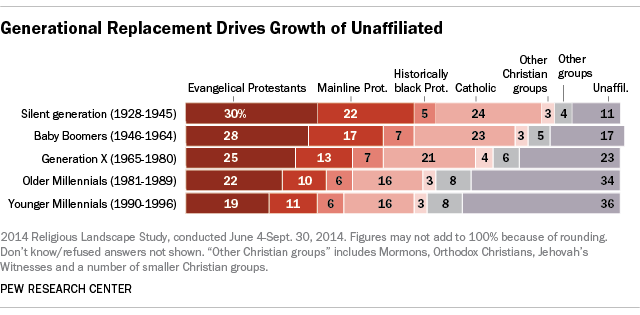On 9 May 2020, the
Universal House of Justice wrote a letter to all Baha'i National Spiritual Assemblies on applying the current global plan to the new situation of a pandemic and some thoughts on what is to come. Or as they put it, "The world is caught in the grip of a fast-spreading virus that has claimed many thousands of lives and severely disrupted a large share of humanity’s social and economic activity... we wish to explore more fully what the coming year might entail."
The House of Justice has released multi-year plans to direct the worldwide Baha'i community and focus on certain incremental goals. In 2001 they launched into a series of four 5-year plans that would culminate in 2021, which will be the centennial anniversary of Abdu'l-Baha's passing. The importance of this transitional year has been talked about among Baha'is for over a decade, so it's not totally surprising that a once-in-a-century pandemic is taunting the world and the next 12 months are ominously uncertain.
 |
Millennium Development Goals.
Created at the Millennium Summit in 2000.
|
In an earlier letter of 18 January 2019, exactly 100 years after the opening of the Paris Peace Conference that ended WWI, the House of Justice wrote that three major steps were taken in the preceding century toward world order: the formation of the League of Nations following WWI, the formation of the United Nations after WWII, and a decade of international cooperation and agreements that followed the end of the Cold War, culminating in the Millennial Summit. The deficiencies in each of these advancements led to the instability that became the impetus toward another, greater push towards world order. Though the last decade of the 20th century saw a major improvement in world peace, throughout the 21st century the trend has been away from world order. According to the letter, "the dominant currents in societies everywhere are pushing people apart", "political and economic systems have enabled the enrichment of small coteries with grossly exorbitant wealth--a condition that fuels fundamental instability", "religious fundamentalism is warping the character of communities, even nations", "a decline in public trust... systematically exploited by vested interests seeking to undermine the credibility of all sources of knowledge", "certain shared ethical principles... are eroded", and "the will to engage in international collective action.... has been cowed, assailed by resurgent forces of racism, nationalism, and factionalism."
The forces of disorder and disintegration have been gaining ground, and world unity will certainly worsen, "possibly with catastrophic consequences" according to the 2019 letter. Every major push toward world unity has been preceded by some dramatic and destructive changes that push people toward the inevitable world federal system Baha'u'llah envisioned. The current movement away from world order will continue, according to the House of Justice, "until a chastened humanity sees fit to take another significant step, perhaps this time decisive, towards enduring peace."
























